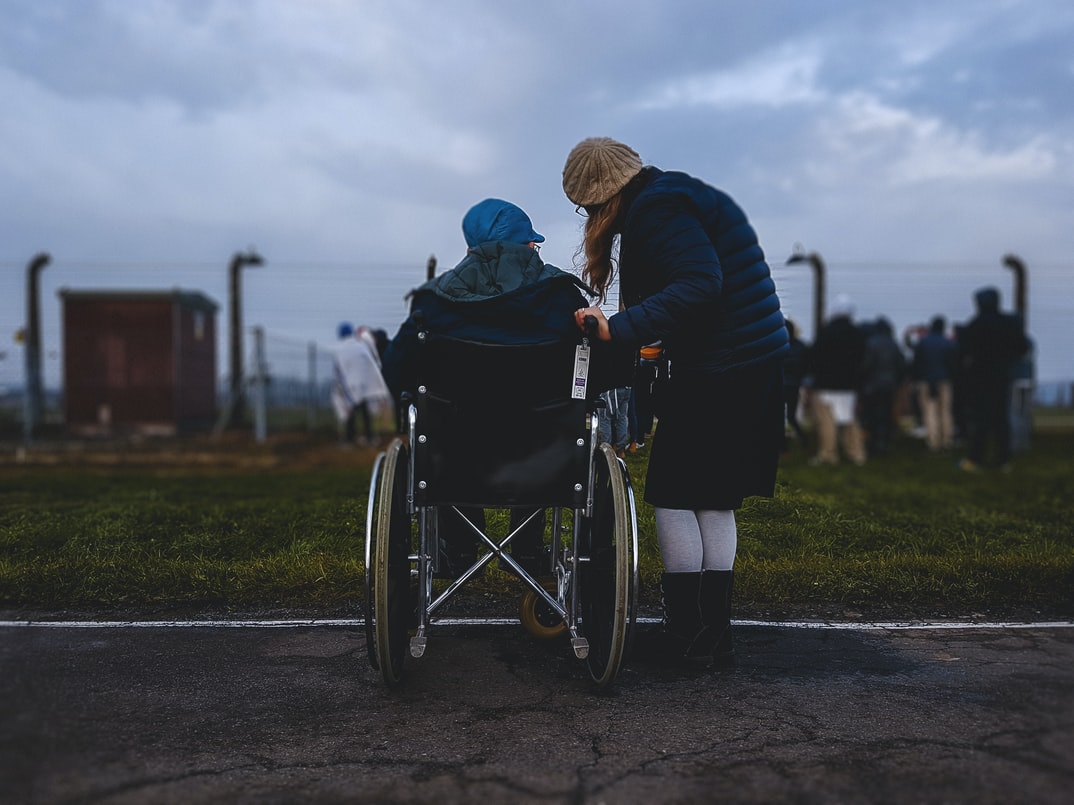
Of course, many people are already born with particular disabilities in mental, psychological, or physical development, but millions every year come to disability due to harmful work, injuries, accidents.
According to sociologists, at the time more than a billion people suffer from problems with disabilities, which is about 15% of the world’s population. When the World Health Organization conducted a similar study in the 1970s, the figure barely went up to 10%. People of retirement age are most prone to a disability, but children are not protected from this problem.
Unfortunately, in many countries, people with disabilities are treated as an obstacle because they represent a privileged social group of the population that has access to free provision and many other benefits.
For quite some time, Europe has had laws and rehabilitation programs aimed at eliminating discrimination against people with disabilities and helping them to integrate painlessly into society. Every person needs employment, communication with people, and equality in rights for emotional and physical health. Therefore the European social protection systems for people with disabilities perform well in practice and deserve special attention.
How European society treats people with disabilities
It is impossible to answer this question unequivocally. There will always be people who are not concerned and turn away at the sight of disabled people, but modern society is gradually becoming more conscious and loyal.
Today, people with disabilities can easily attend cinemas, cafes, and restaurants in Europe, as these places, are equipped with special ramps, automatic doors, elevators, and other useful technical solutions to help people with disabilities feel comfortable. It is a legal requirement for businesses.
In most cases, people with impediments isolate themselves from the community, as they are afraid of ridicule and unpleasant looks, which is why in Europe specially trained psychologists and accompanying persons work with them.
They help them adapt to society, perceive what is happening correctly, and teach them how to communicate. Rehabilitation groups are very famous, in which disabled people get to know each other and recover together.
Sociological surveys conducted among the European population back in 2001 on the topic of what people experience in the presence of people with disabilities, revealed that about 20% of people feel uncomfortable. However, the rest of the respondents did not see any problem with this. Recent studies have shown that this rate is gradually decreasing.
Where in Europe are the most favorable conditions for education and work of people with disabilities
The German government is very efficiently engaged in the social and labor rehabilitation of disabled people. Germany is on the list of European countries that consider the payment of pensions for people with disabilities a much less effective strategy than their specialized training and employment. Many government agencies, as well as church and public organizations, are engaged in caring for people with disabilities.
All of these operational and organizational aspects are under the responsibility of the Federal Labor Office. Finances for the provision of disabled people come from workers’ salaries and entrepreneurial donations.
The case of each disabled person is considered individually to determine the most suitable profession for him. Then professional conversion, training, and, if necessary, advanced training takes place.
Employers are involved in hiring such employees, as they receive subsidies from the state. There are more than 40 specialties for training people with disabilities, including trade, wood and metal processing, leather, and fabrics. The duration of training can range from two months to two years.
A vivid example of successful vocational rehabilitation is the center in Heidelberg, where more than 800 people are trained in the basics of programming, radio engineering, and electronics. Children with impediments in Germany can, of their choice, study in functional or regular schools on an equal basis with other children.
The employment of people with disabilities is very effectively controlled in the UK. The employer undertakes not only to hire a person with disabilities but also to provide him with favorable working conditions, specialized training, professional development, and career growth. The French government decided this issue no less attentively. There are special quotas for jobs for people with disabilities.
Benefits and payments for people with disabilities in European countries
– Lithuania. Quite an attractive system of repayment of advantages to disabled people has developed in this country. Only people who have suffered the ability to work by at least 45 percent can count on getting them. All of them take a basic pension of 115 euros, and the amount of the rest of the supplement depends on the length of service. The state allows such people advantageous discounts on the use of public transport. Supplementary vacation weeks, tax cuts, and special housing subsidies.
– Poland. People with limitations over 30 years of age get privileges if they have five years of work experience and those under the age of one to four years. If the income of such a citizen exceeds 70% of the average salary in Poland, the benefit will not be paid in full. In any case, the disability allowance cannot be less than $ 216.
– Germany. People with severe disabilities, which prevent them from working for more than three hours, receive a full allowance – about nine thousand euros per year. Those who operate up to six hours a day can only score on half. The social and labor restoration of disabled Germans is based on the system: the more work, the less advantage. Children can receive disability benefits up to the age of 27.
